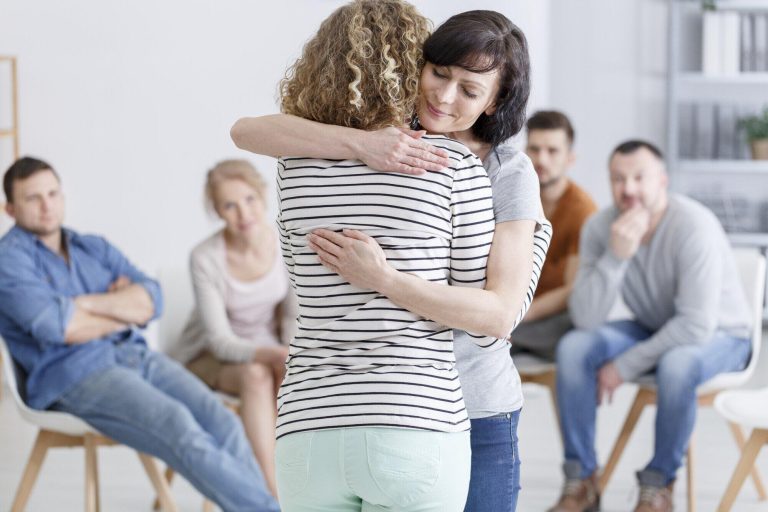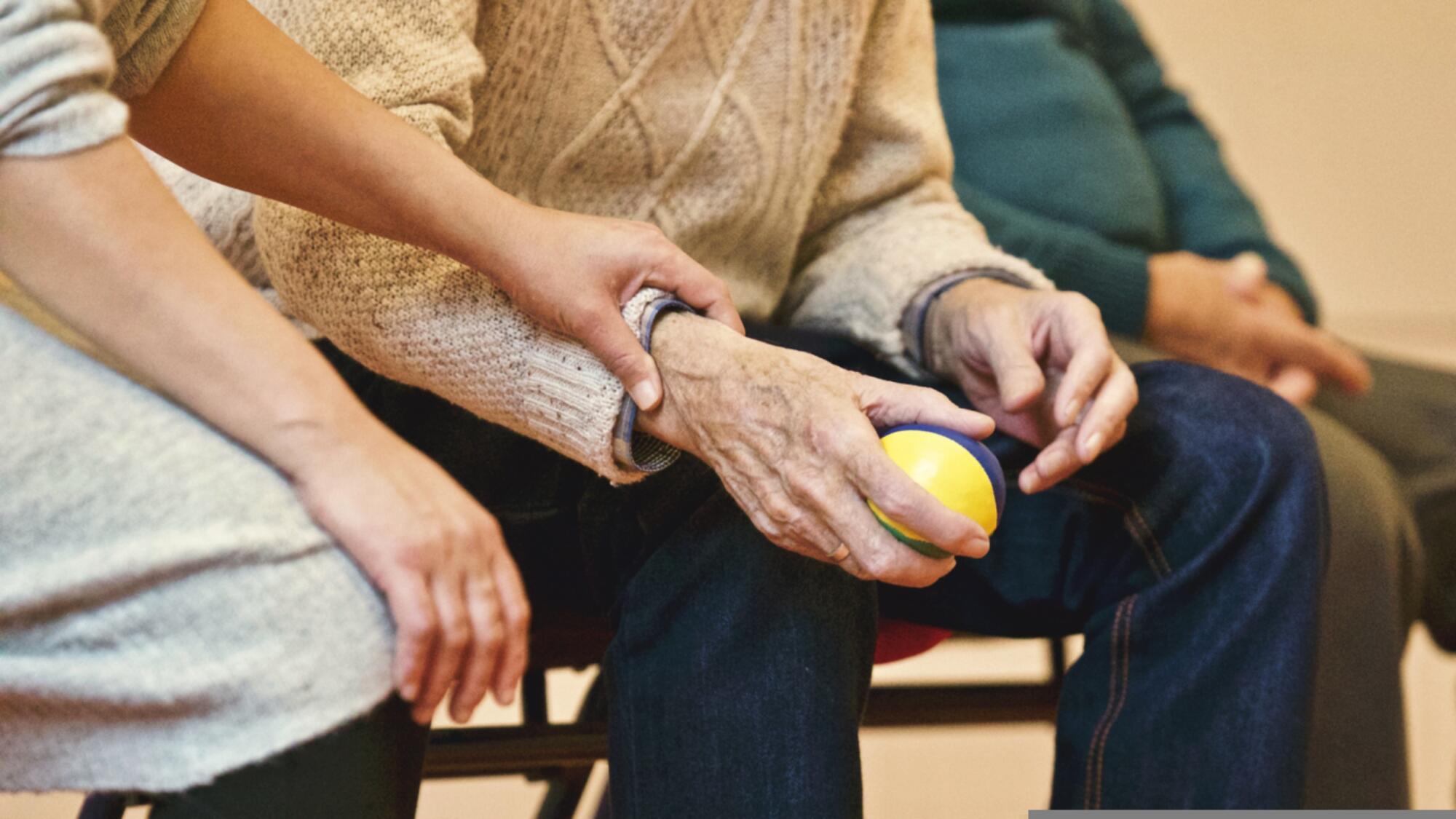As people age, they often face challenges that affect their daily lives. Simple tasks such as cooking, cleaning, or taking medications can become difficult. Many seniors also experience loneliness, which can impact their mental and emotional health.
Finding the right type of care is important to ensure both safety and companionship. Elderly live-in care is one option that allows older adults to stay in their own homes while receiving the support they need.
This approach focuses on providing personal assistance, emotional connection, and a secure environment.
Table of Contents
Understanding Elderly Live-In Care
Elderly live in care provides around-the-clock support for seniors in the comfort of their own homes. A caregiver lives with the individual and helps with daily activities, personal care, and companionship.
This type of care is different from nursing homes or assisted living facilities because it is more personalized and flexible. The caregiver can adjust their services to meet the changing needs of the senior.
This allows the senior to maintain independence while still having support available whenever it is needed. Elderly live-in care also helps families feel confident that their loved ones are safe and well-cared for.
Benefits of Staying at Home
Many seniors prefer staying at home rather than moving to a care facility. Being in a familiar environment can reduce stress, confusion, and anxiety. At home, seniors can maintain their routines, enjoy their personal belongings, and remain close to family and friends.
Staying at home can also promote better physical and emotional health. With proper support, seniors can continue to live a fulfilling life without losing their sense of independence.
Families often appreciate knowing that their loved one is in a place where they feel comfortable and safe.
Ensuring Safety
Safety is one of the most important aspects of elderly care. Falls, accidents, and health emergencies are common risks for older adults living alone.
A live-in caregiver can help prevent these incidents by providing assistance with mobility, monitoring the home for hazards, and offering guidance in potentially dangerous situations.
Caregivers can ensure that medications are taken properly, meals are prepared safely, and the home is free from tripping or fire hazards. Simple adjustments, such as installing grab bars, adding better lighting, or removing clutter, can significantly reduce the risk of accidents.
Knowing that a trained caregiver is present can give both seniors and their families peace of mind.
Assistance with Daily Activities
Many seniors require help with everyday tasks that can become difficult with age. A live-in caregiver provides support for activities such as bathing, dressing, grooming, cooking, and cleaning.
They can also assist with laundry, grocery shopping, and transportation to appointments. By helping with these tasks, caregivers allow seniors to focus on enjoying their day rather than struggling with routine responsibilities.
This support ensures that the senior maintains a comfortable and dignified lifestyle while still participating in activities they enjoy.
Medication Management
Managing medications is a significant challenge for older adults. Missing doses or taking the wrong medication can lead to serious health complications. A live-in caregiver can organize medications, set reminders, and monitor for side effects.
They can also communicate with healthcare providers to ensure the senior’s prescriptions are up to date and taken correctly. Proper medication management not only promotes better health but also reduces the stress and anxiety associated with managing multiple prescriptions.
This support is especially valuable for seniors with chronic conditions or complex medication schedules.
Companionship and Emotional Support
Loneliness can have serious effects on seniors, including depression and cognitive decline. A live-in caregiver provides consistent companionship and emotional support.
Caregivers can engage in conversation, play games, go for walks, or participate in hobbies with the senior. This social interaction improves mental well-being and helps seniors feel connected.
Regular companionship also ensures that seniors are less likely to feel isolated, which contributes to a healthier, happier lifestyle. A caring relationship between the caregiver and the senior often becomes a key source of emotional stability.
Personalized Care Plans
Every senior has unique needs and preferences. Live-in care allows for the creation of personalized care plans tailored to the individual. Caregivers can focus on specific requirements, such as mobility assistance, dietary restrictions, or cognitive support.
These care plans can be adjusted as the senior’s needs change over time. Personalized care ensures that seniors receive the appropriate level of help while preserving their independence and dignity.
Families can also feel reassured knowing that the care plan addresses all of the senior’s specific needs.
Flexibility and Convenience
Elderly live-in care offers flexibility that other care options may not provide. The caregiver can adjust their schedule to meet the senior’s daily routines, preferences, or health changes.
This flexibility allows seniors to maintain activities and hobbies without disruption. Live-in care can also provide temporary support during recovery from illness, surgery, or other medical conditions.
This convenience benefits both seniors and family members, as it reduces the stress of coordinating care while ensuring continuous support.
Supporting Families
Family members often feel concerned about their elderly loved one’s well-being. Hiring a live-in caregiver can relieve stress and provide peace of mind. Knowing that the senior is receiving professional, consistent care allows families to focus on spending quality time together rather than managing day-to-day care.
This support can also prevent caregiver burnout, which is common when family members attempt to provide full-time care. Families benefit emotionally, knowing their loved one is safe, comfortable, and happy.
Choosing the Right Caregiver
Selecting the right caregiver is crucial for successful elderly live-in care. Families should look for caregivers with experience, proper training, and a compassionate personality.
Background checks, references, and interviews help ensure reliability and trustworthiness. Matching the caregiver’s personality with the senior’s preferences can create a strong, positive relationship.
A good caregiver not only provides physical assistance but also becomes a trusted companion, contributing to the senior’s overall happiness and well-being. Finding the right caregiver ensures that the senior receives attentive and respectful care tailored to their needs.
Learn All About Elderly Live-In Care
Elderly live-in care helps seniors stay safe, healthy, and happy at home. It provides support with daily tasks, medication, and emotional needs.
Caregivers also give companionship and peace of mind to families. With the right care, seniors can enjoy independence and comfort in their own home.
Visit our blog for more!































































